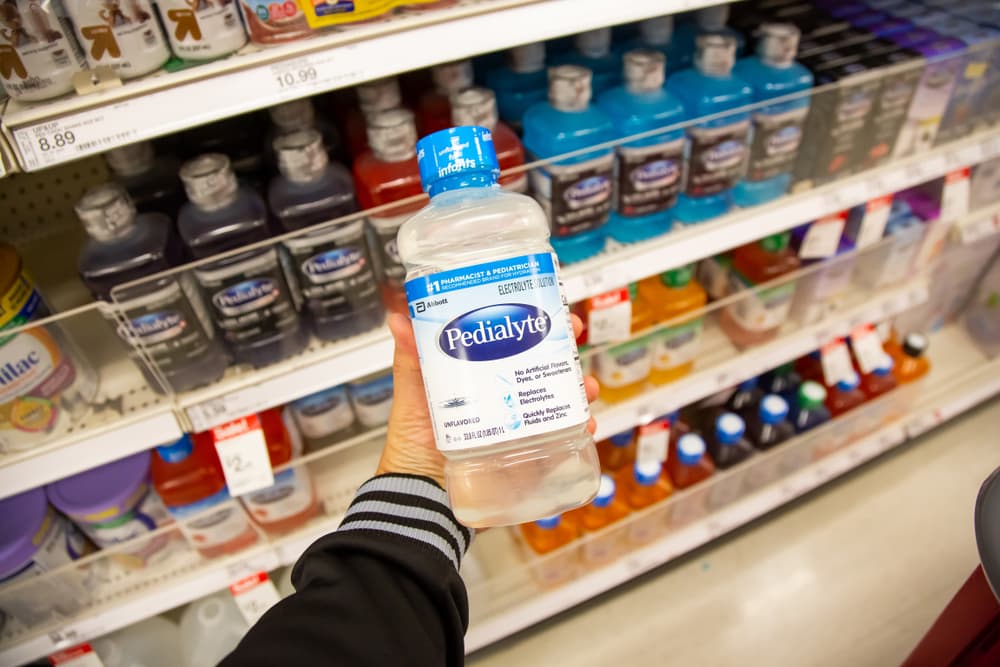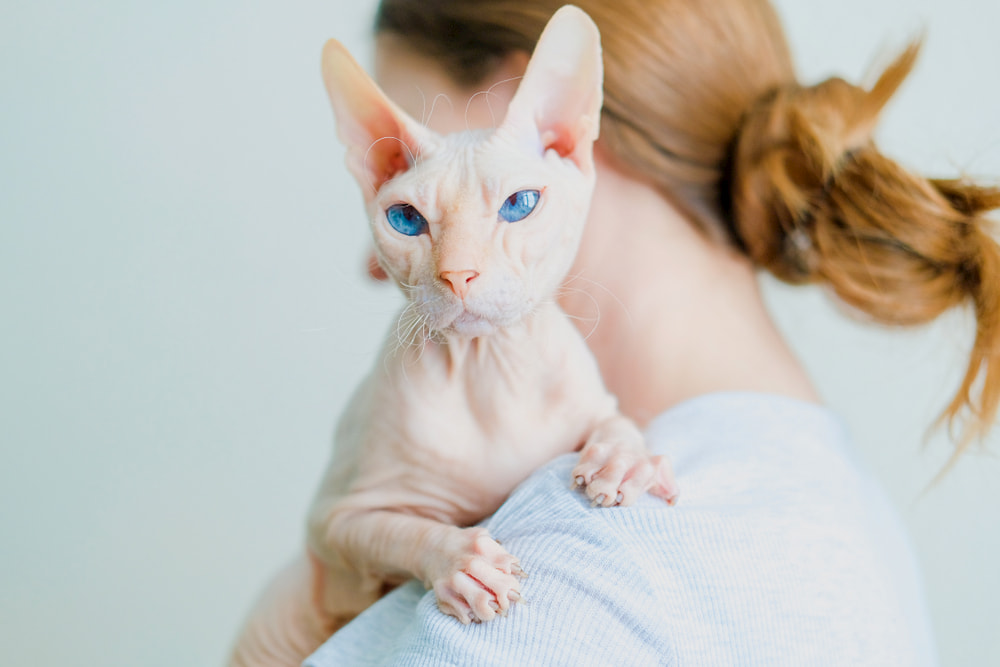All About Puppy Strangles

Overview
- Puppy strangles, also called juvenile cellulitis, is an uncommon skin condition that affects young dogs.
- It causes a puppy’s muzzle and face to suddenly swell up and develop pus-filled bumps.
- Treatment often involves oral steroids.
- Because the cause of puppy strangles is unknown, it is difficult to prevent. But relapses are uncommon.
When your puppy shows up with a swollen muzzle and apparent discomfort, oftentimes the diagnosis is simple. She may have gotten stung by a bee, had an allergic reaction to food, or developed complications from a flea infestation or mange.
However, in rare cases, your dog’s strange symptoms may be due to a condition called juvenile cellulitis, more commonly known as puppy strangles.
Puppy strangles is the not-so-pleasant name for an uncommon skin condition that affects young dogs, typically those under four months old. In most cases, the first indication of juvenile cellulitis is the sudden swelling of your puppy’s muzzle, face, and throat. (1)
If you’re concerned your pup might have a case of juvenile cellulitis, take a deep breath and read on. Here, you will find everything you need to know, including signs to look out for, what to expect when you visit your veterinarian, and how to treat puppy strangles.
What Is Puppy Strangles?
Puppy strangles is a rare inflammatory disorder that causes a puppy’s muzzle and face to suddenly swell up and develop pus-filled bumps, says Dr. Sheila Torres, a veterinary dermatology specialist and professor at the University of Minnesota College of Veterinary Medicine.
If you suspect your pup may have puppy strangles, contact your veterinarian as soon as possible. While this condition is not typically life-threatening, immediate veterinary care is necessary for a proper diagnosis and treatment to prevent scarring.
Is Puppy Strangles Contagious?
While the condition can’t spread from dog to dog like fleas, it does seem to run in families. As such, it may affect more than one puppy in the same litter.
What Causes Puppy Strangles?

Unfortunately, it’s still unclear what exactly causes the condition. However, the condition appears to involve some level of immune system dysfunction, says Dr. Joanna Woodnutt. Essentially, your puppy’s immune system is attacking her own skin, but the reason for this remains unknown. (2)
“Reports suggest there may be a hereditary component to puppy strangles,” adds Torres.
Certain breeds are more likely to develop puppy strangles, including:
- Golden Retrievers
- Labrador Retrievers
- Dachshunds
- Gordon Setters
Symptoms of Puppy Strangles in Dogs

“The first sign of puppy strangles is usually sudden swelling of the muzzle and face,” says Woodnutt. Within a day or so, your puppy’s lips, ears, eyelids, and lymph nodes surrounding her jaw and neck may also swell up and break out in red, pus-filled bumps. (3)
Over time, these pimple-like bumps can break and crust over, resulting in scabbing and scarring. If left untreated, your puppy’s lymph nodes could also burst, leaving nasty open wounds and draining sinus tracts.
In severe cases, pups may also develop deeper skin lesions and inflammation of fat and joints underneath the skin, says Dr. Tim Nuttal, a senior lecturer in veterinary dermatology at the University of Edinburgh in Scotland.
Signs of puppy strangles to look out for include (4):
- Facial swelling
- Enlarged lymph nodes in jaw and neck
- Red, raised, tender bumps on the face, abdomen, paws, vulva, and anus
- Inflamed and fluid-filled skin lesions
- Crusting, painful skin
- Hair loss
- Fever
- Lethargy
- Decreased appetite
- Lack of interest or low mood
- Joint pain and limping
- Signs of ear infection, including redness of the ears and pus in the ears
Again, if you believe your puppy may have juvenile cellulitis, be sure to contact your veterinarian as soon as you can.
Diagnosing Juvenile Cellulitis
“Your veterinarian will be suspicious of puppy strangles in any young dog with sudden-onset facial swelling, especially if the lymph nodes are enlarged as well,” says Woodnutt. However, a thorough history and physical exam will be necessary, as more common conditions such as severe allergic reactions and parasites can result in similar symptoms, she explains.
Skin scrapings and fungal cultures can be used to rule out mange and ringworm. Additionally, a skin biopsy (a study of a full skin sample) may be required to confirm the diagnosis in unusual or severe cases, says Nuttal.
Typically, though, diagnosis is straightforward. Cytology (examination of a skin sample under a microscope) will reveal a form of inflammation indicative of juvenile cellulitis. This test may also show secondary bacterial infections, which can develop as a result of the condition, adds Torres.
How to Treat Puppy Strangles

“Immune suppression is the gold standard treatment for juvenile cellulitis, most commonly with high doses of oral steroids, such as prednisone or prednisolone,” says Torres. If there are secondary infections, topical antimicrobial therapy or oral antibiotics will be prescribed as well.
Once your puppy’s skin lesions have resolved completely, your veterinarian will guide you through gradually tapering her dosage. With prompt treatment, your pup is likely to experience a full recovery from puppy strangles, though some scarring may remain, says Woodnutt.
Medications Used to Treat Puppy Strangles
While treatment can vary depending on the severity of the case, medications used to treat puppy strangles include (5):
- Oral steroids such as prednisone or prednisolone
- Topical medication to soothe painful skin
- Antibiotics such as cephalexin, cefadroxil, amoxicillin
- Immunosuppressive agents such as cyclosporine
Cost to Treat
Depending on the severity of your puppy’s case, treatment could take a few weeks to several months. Overall, the cost of treatment can range from $300 to $800 or more if a skin biopsy or hospitalization is required.
How to Prevent Puppy Strangles

Because the cause of puppy strangles is currently unknown, there is no way to prevent it from occurring. Thankfully, relapses are uncommon, though they are possible, says Torres.
As a pet parent, the best thing you can do for your puppy is to be aware of the signs of juvenile cellulitis and make sure she receives prompt medical attention if you suspect something is wrong, as the condition is painful.
Related Conditions
- Secondary skin infection





